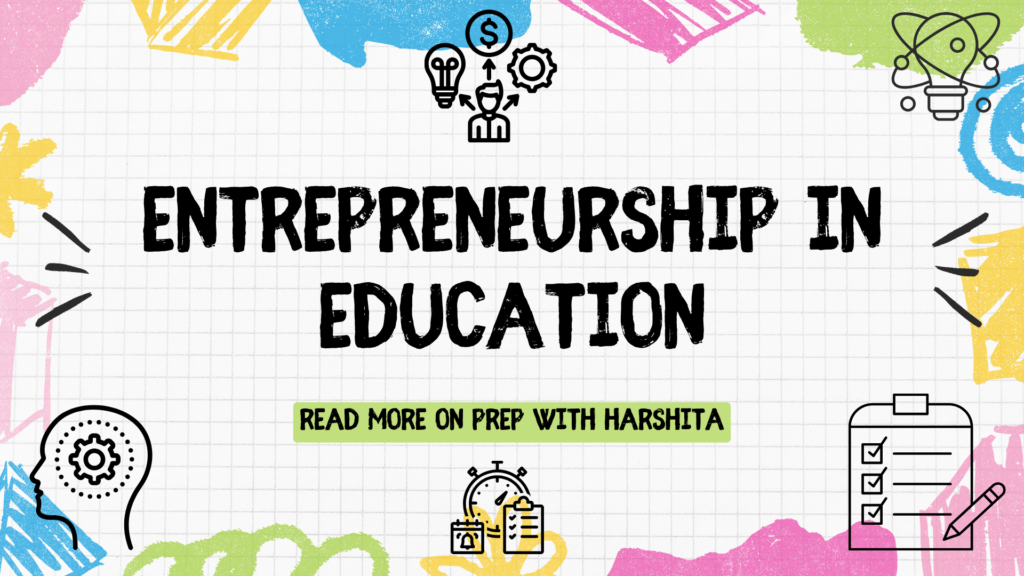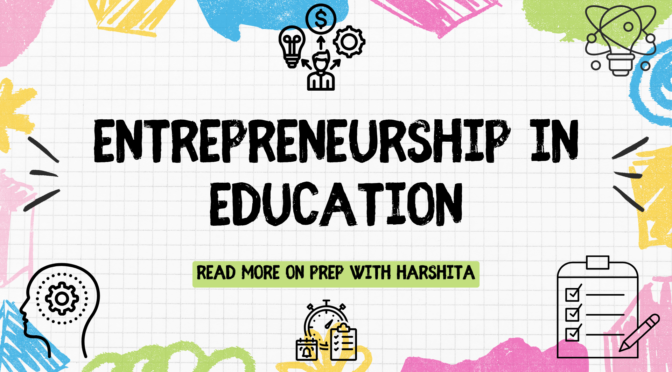Education Policy and Reform: It may also engage in advocacy and policy work to promote educational reforms that support innovation and entrepreneurship in schools and universities. This could include lobbying for changes in curriculum standards, funding initiatives for educational startups, or supporting policies that encourage experimentation and risk-taking in education.
Social Entrepreneurship: Some entrepreneurs in education focus on addressing social challenges such as educational inequality, lack of access to quality education, or skills gaps in the workforce. Social entrepreneurship in education often involves creating innovative solutions that are both financially sustainable and socially impactful.
Lifelong Learning and Continuing Education: With the rapid pace of technological advancement and changes in the job market, there is a growing demand for lifelong learning and continuing education. Entrepreneurs in education may develop new models for delivering lifelong learning experiences, such as online courses, professional development programs, or micro-credentialing initiatives.
Corporate Innovation in Education: Companies in various industries are increasingly investing in education as part of their corporate social responsibility initiatives or workforce development strategies. It can involve collaborations between businesses and educational institutions to develop training programs, mentorship initiatives, or educational resources for employees and the broader community.
It is driven by a desire to improve learning outcomes, increase access to education, and foster innovation in the educational sector.
Also Visit : Prep with Harshita


